SEA2LAND Project: Transforming By-Products into Sustainable Fertilizers
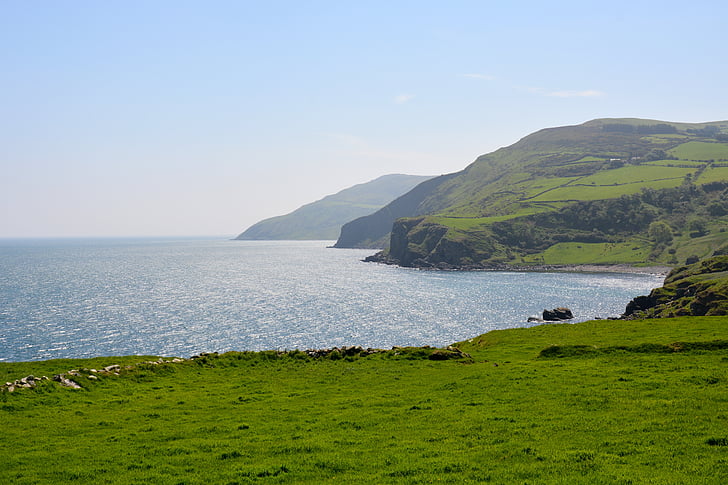
SEA2LAND is an international project committed to enhance technologies for nutrient recovery from fishery and aquaculture by-products generated in Europe, in order to address sustainable food production, climate change, and waste reuse. This endeavor aligns seamlessly with the principles of the circular economy model, whereby by-products are transformed into valuable nutrients for crops.
The project’s aim will be achieved through the implementation of the following steps:
- Balancing nutrient imbalance: SEA2LAND aims to update and record intra and interregional nutrient imbalances in Europe. Understanding these imbalances is the first step in rectifying them.
- Enhancing bio-based fertilizers: the project seeks to promote and scale technologies for recovering nutrients from by-products, effectively replacing synthetic fertilizers with bio-based fertilizers. This shift contributes to sustainability and reduces dependence on imported nutrients. This will result in a reduction of greenhouse gas emissions stemming from synthetic fertilizer production, contributing to the fight against climate change.
- Enhancing crop production: the bio-based fertilizers not only provide essential nutrients but also other compounds that boost soil fertility while simultaneously reducing greenhouse gas emissions.
- Improving soil quality and biodiversity: bio-based fertilizers are designed to enhance soil quality, health, and biodiversity, benefiting the ecosystem.
- Fostering circular economy and rural development: the implementation of local and circular business models supports rural development and population settlement, aligning with the principles of the circular economy.
- Tailoring sustainable business models: SEA2LAND establishes connections between geographical, climatological, technological, and social conditions to design sustainable and circular business models based on its experience.
- Raising awareness: the project also seeks to raise awareness in society about the recovery of by-products and the use of new bio-based fertilizers, underscoring their positive effects on soil, air, and overall environmental and human health.
The SEA2LAND project Co-funded by the European Union’s Horizon 2020 program, involving 26 partners in 11 countries.
To learn more about the project, visit the official website: https://sea2landproject.eu

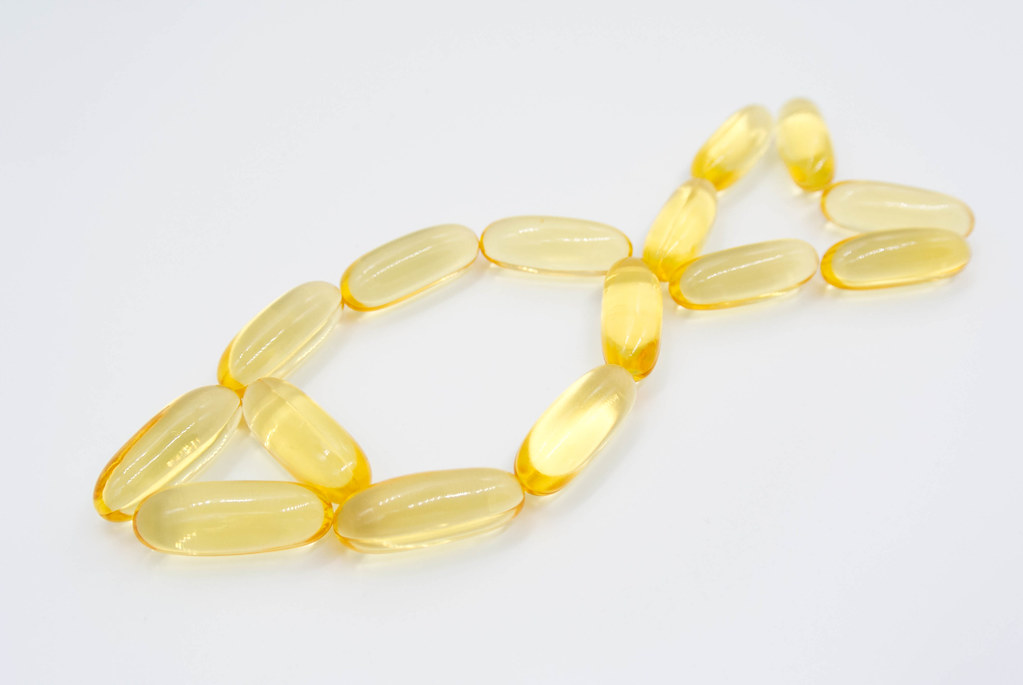

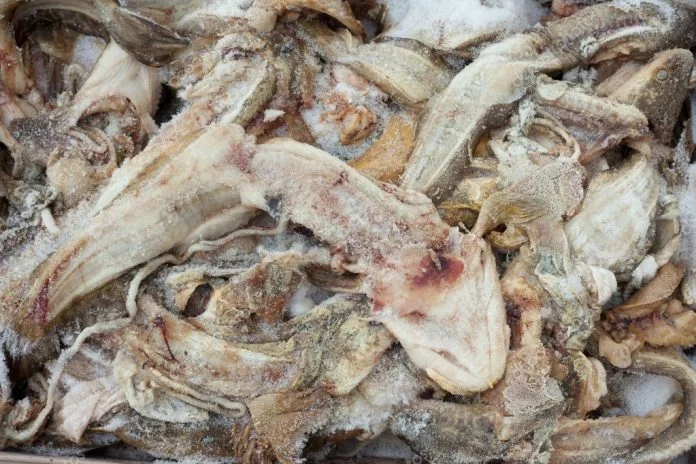
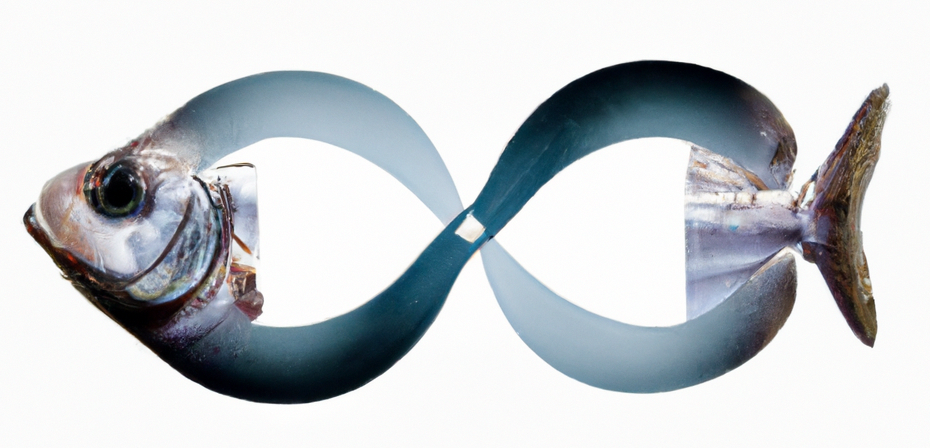
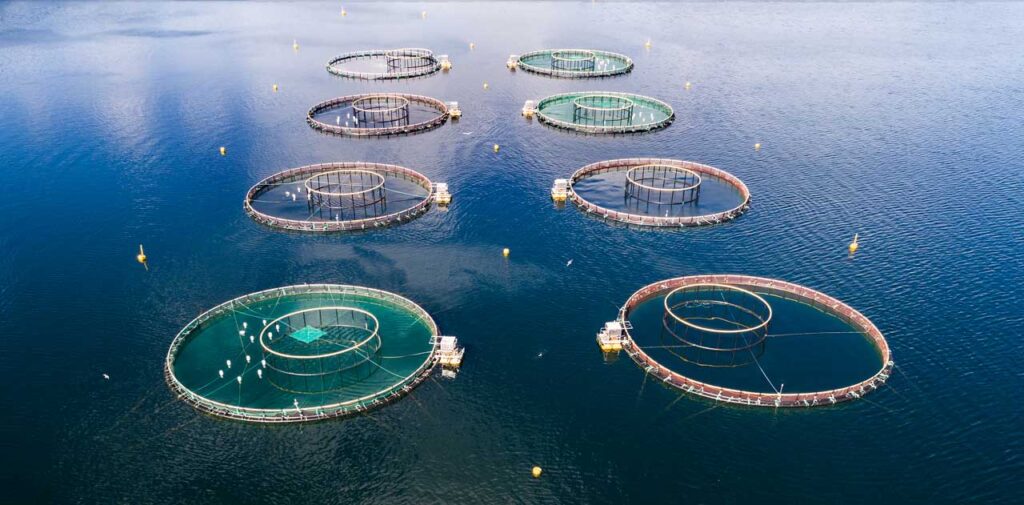
Responses